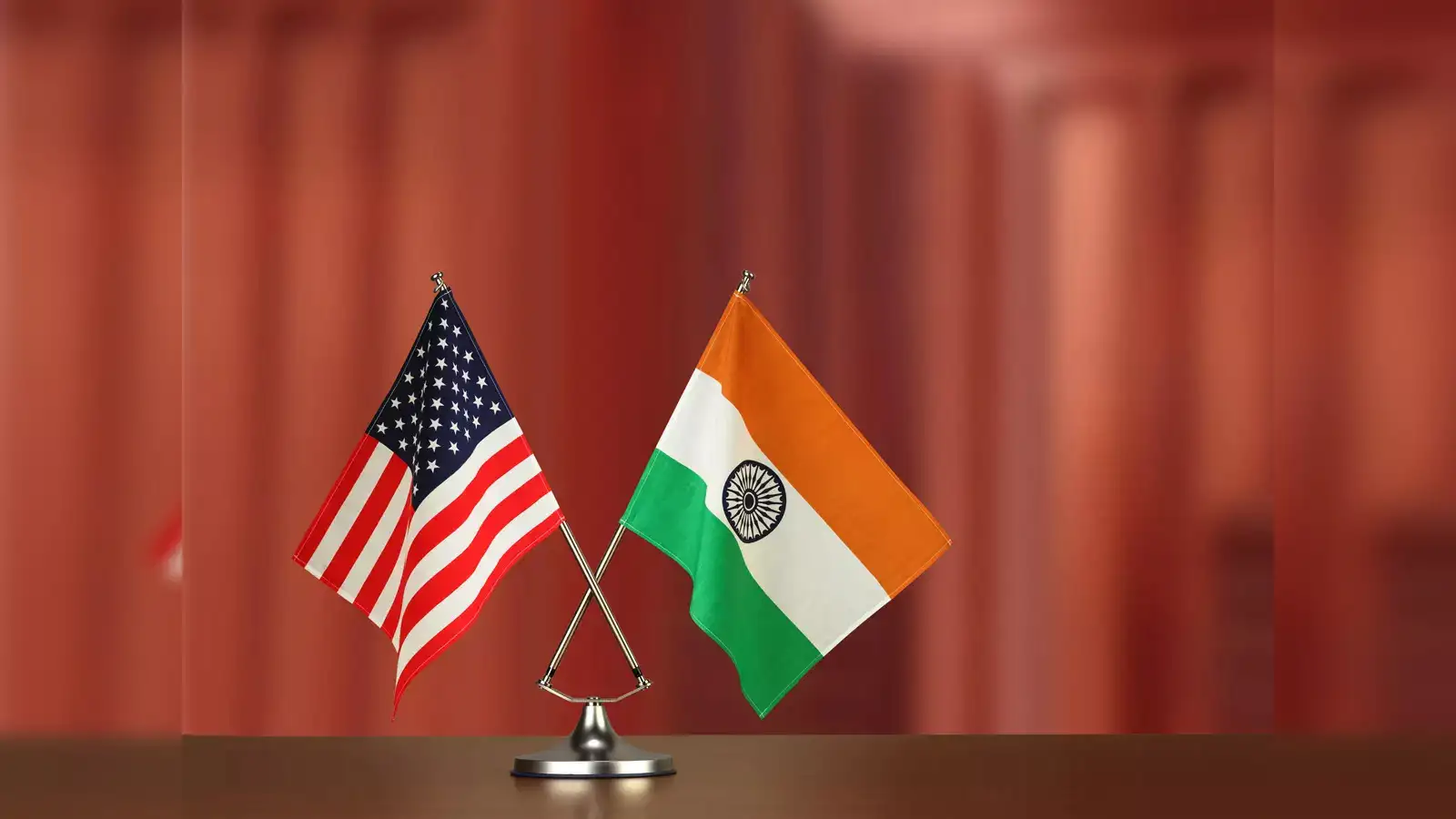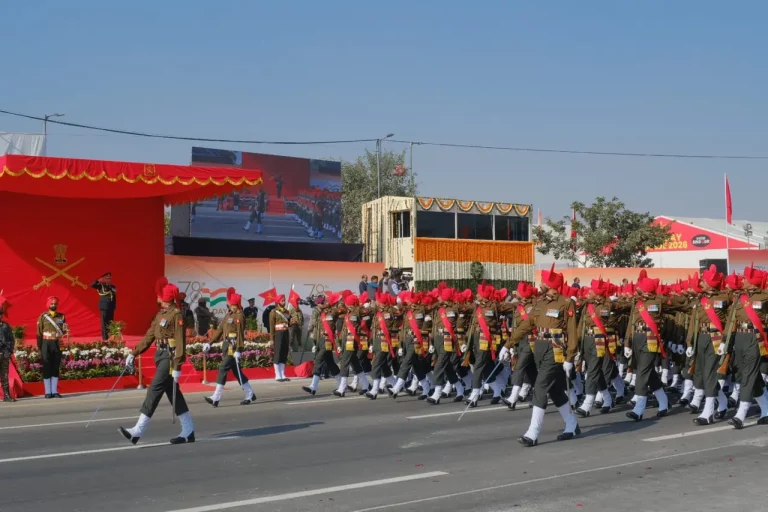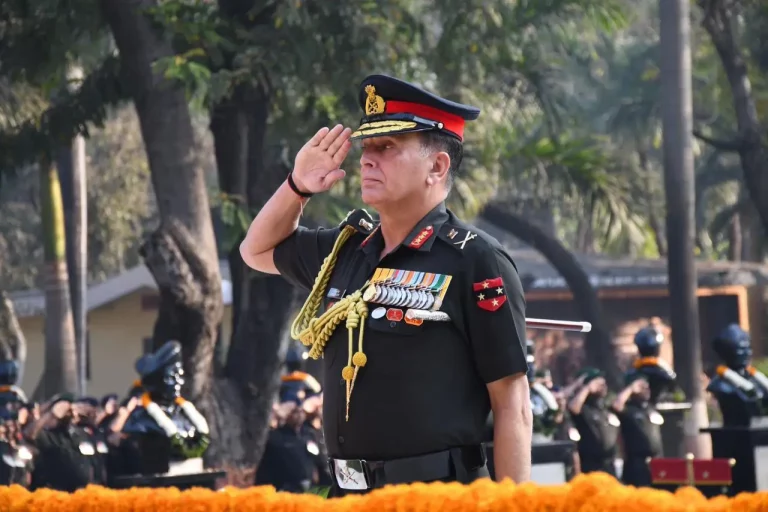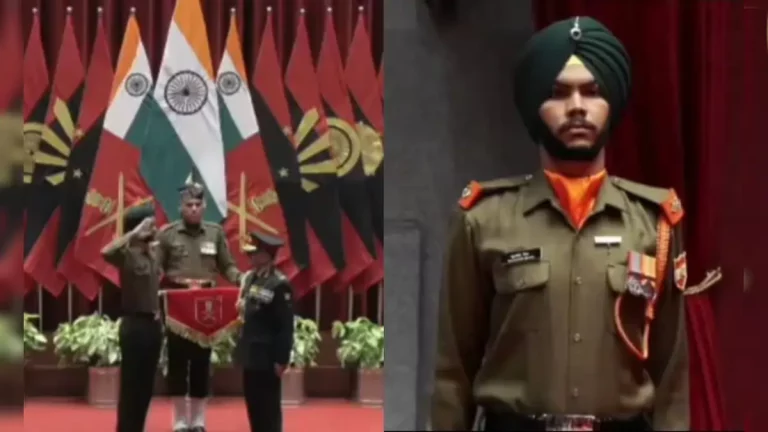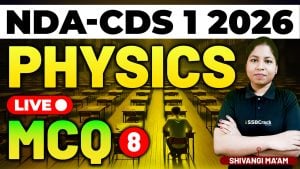India has made a significant proposal to eliminate tariffs on a limited volume of U.S. steel, auto components, and pharmaceuticals as part of a reciprocal “zero-for-zero” offer aimed at accelerating bilateral trade negotiations with the United States. According to sources familiar with the ongoing talks, standard import duties would still be applicable beyond the agreed quota of duty-free items.
This important trade initiative was presented by Indian trade officials during high-level discussions held in Washington last month. The overarching aim of these discussions is to reach a preliminary trade agreement by the fall, ahead of the expiration of a critical 90-day moratorium on retaliatory tariffs that were imposed during the previous U.S. administration under Donald Trump.
As the U.S. faces economic contraction, Trump recently suggested that interim trade deals with partners, including India, could be finalized imminently—potentially even within this week. This development offers a lifeline to nations seeking to avoid more severe U.S. import duties. Other Asian countries, such as South Korea and Japan, are also engaged in parallel trade negotiations, indicating a broader regional effort to strengthen ties with the U.S.
Concurrent with these discussions, the U.S. has been urging India to address concerns surrounding its Quality Control Orders (QCOs), which are seen by American officials as opaque non-tariff barriers. These mandatory standards for product quality have reportedly surged in recent years—from 14 before 2014 to over 140 by 2017—drawing scrutiny from various trading partners.
In response, India has expressed a willingness to review these QCOs in certain sectors, particularly medical devices and chemicals. Furthermore, it has suggested implementing a mutual recognition agreement that would allow both countries to accept each other’s regulatory frameworks. Such an agreement could potentially eliminate a significant barrier to U.S. exports to India.
While the inclusion of these proposals in a final agreement remains uncertain, they represent a concerted effort from both nations to fortify economic ties amid ongoing global trade tensions.
